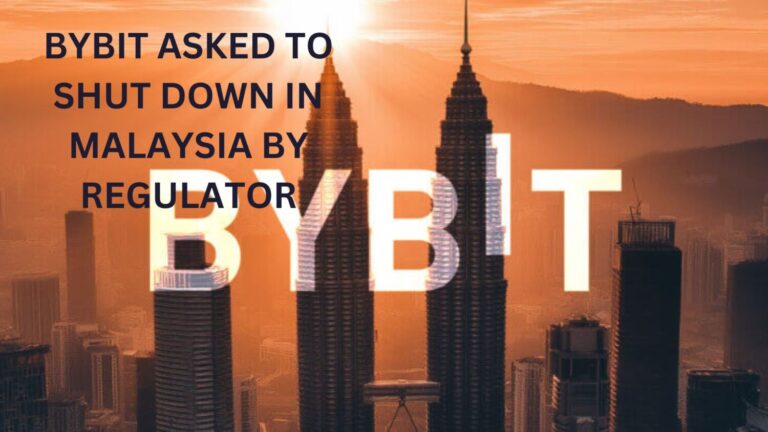Key Takeaways:
- On Thursday, the Senate of Paraguay approved a bill governing cryptocurrency trade and mining.
- The bill’s model for energy use in the nation’s crypto mining industry is arguably the most important of its topics.
- It’s possible that Paraguay will soon emerge as a major hub for Bitcoin mining operations.
The Paraguayan Senate passed a bill that controls various Bitcoin-related activities, notably cryptocurrency mining.
The executive authority is currently deliberating on the legislation, and if it is passed, it will then be implemented throughout Paraguay. The measure has now been adopted by both chambers and must be sent to the executive branch for approval or veto.
Fernando Silva Facetti, a politician from Paraguay, announced the news in a post on Twitter and stated that the bill is essential for the future of crypto activities in the nation.
The Ministry of Industry and Commerce will be responsible for overseeing cryptocurrency-related services, according to an analysis of the document that was made public. The National Security and Exchange Commission will be in charge of building the country’s regulatory and oversight framework for cryptocurrency trading, custody, and emission, resulting in a more secure and transparent environment.
The regulation outlines the responsibilities, privileges, and protections owed by investors, consumers, and the government. Additionally, it makes clear what each regulatory body’s duties are, including the National Electricity Authority (ANDE).
Individual and corporate miners are required by law to acquire permission for industrial power use before applying for a license. Additionally, it establishes a registry for anyone who wishes to offer cryptocurrency trading or custody services to outside parties.
A bill governing cryptocurrency mining and trade was approved by the Chamber of Deputies of Paraguay on May 26 with a vote of 40–12 in favor. A similar piece of legislation was already approved by the Central American nation’s Senate in December of last year, and it will now be sent back there with the amendments made by the Chamber of Deputies.
According to the data that is currently available, Usina and Itaipu generate about 85% of the nation’s total electrical supply.
In particular, for energy-intensive operations like Bitcoin mining, the cost of producing this energy is relatively low.
With the passage of the bill, it is now possible to use all of the extra energy generated in these regions for cryptocurrency mining at a reasonable cost.
The CEO of Crypto Assets asserts that “regulations bring clarity,” and he expects that Guarani bitcoiners will agree:
“For this industry to function and develop nationally, it is crucial to have clear regulations. I’m hoping the locals are aware of the importance of this law to our future development. People will soon be able to use their cryptocurrency assets without any issues thanks to the adoption of clear standards in the banking system.”
Taxation is one of the main issues the measure addresses. It required cryptocurrency businesses operating within the nation to be excluded from paying Value Added Tax in order to entice miners (VAT).
However, reports by numerous local newspapers revealed that these miners are required to pay various costs that are applicable to similar activities in the nation.
One of the major mining companies active in Paraguay is the Canadian bitcoin miner Bitfarms (BITF), which has a 10-megawatt plant in the city of Villarica, which is situated in the country’s south-central region.










